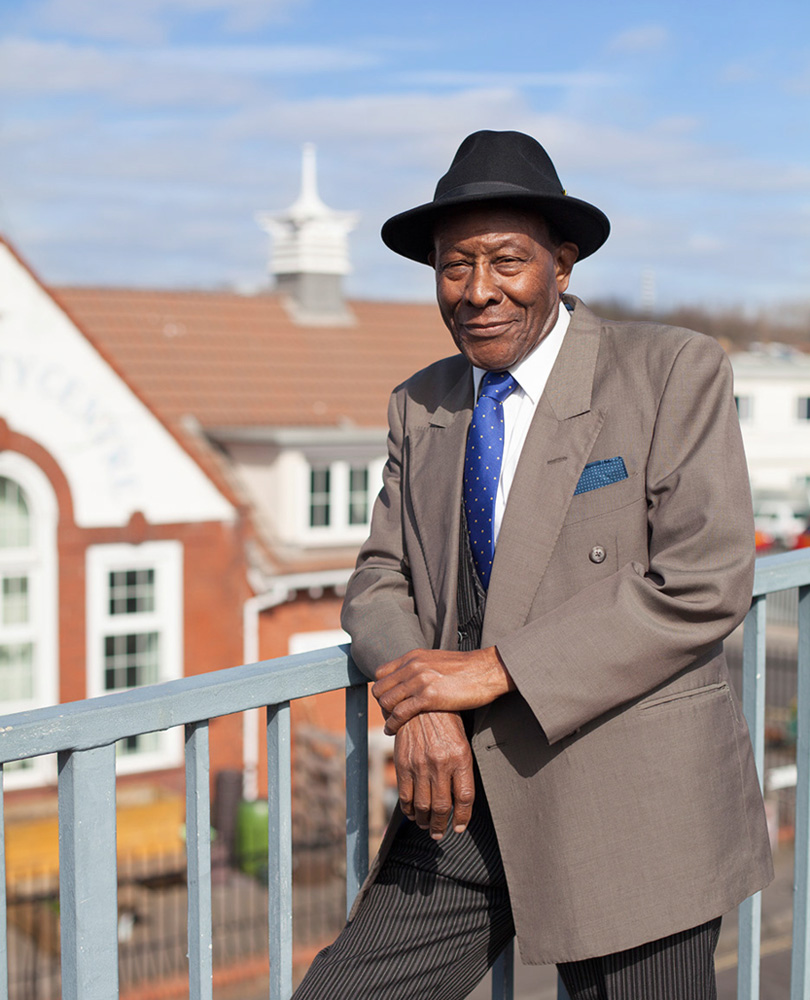To many people from the community, Roy Hackett was a respected and beloved figure. He connected with so many people and was more than just his boycott, or his protest against the colour bar.
 Back in the days of black-and-white television, Britain was separated, physically, economically and socially along colour lines. The colour bar meant that people from minority ethnic backgrounds could legally be banned from housing, employment and public places.
Back in the days of black-and-white television, Britain was separated, physically, economically and socially along colour lines. The colour bar meant that people from minority ethnic backgrounds could legally be banned from housing, employment and public places.
In the USA, in Montgomery, Alabama, Rosa Parks refused to give up her seat, which led to a successful civil-rights protest during which African Americans refused to ride city buses to protest segregated seating.
Inspired by the success of the Montgomery, Alabama bus boycott, in 1963, Roy Hackett, a Jamaican living in Bristol, successfully organised a campaign, which mobilised people across the city to stop using Bristol Omnibus Company buses because of its refusal to hire black and Asian people. This lasted four months and contributed to the passing of UK Race Relations Act.
To many people from the community, Roy Hackett was a respected and beloved figure. He connected with so many people and was more than just his boycott, or his protest against the colour bar. He was vibrant, and funny, and the community will always remember the man and his legacy. Roy Hackett’s work stands as a testament to what non-violent protest, fuelled by a commitment to justice, can do. His work in civil rights changed the course of history for the nation.
We are called to carry on this effort because this is a critically important time in history. There is still much more to be done. Especially during this period where issues of racism are occupying our national and global attention.
As individuals and the church, we are being called into a new era of working toward the civil liberties of every global majority individual, breaking down barriers of systemic racism, and building up a more just, diverse and tolerant human community. We need heroes like Roy Hackett these days: people of faith who are willing to work, who are willing to risk, who are even willing to suffer, to make the lives of those around them more fair, more equitable and more just.
Rest in Peace Roy, always remembered.
Please note the photo of Roy is from www.bristolmuseums.org.uk
Article written by Rashida Hartley, Racial Justice Project Officer